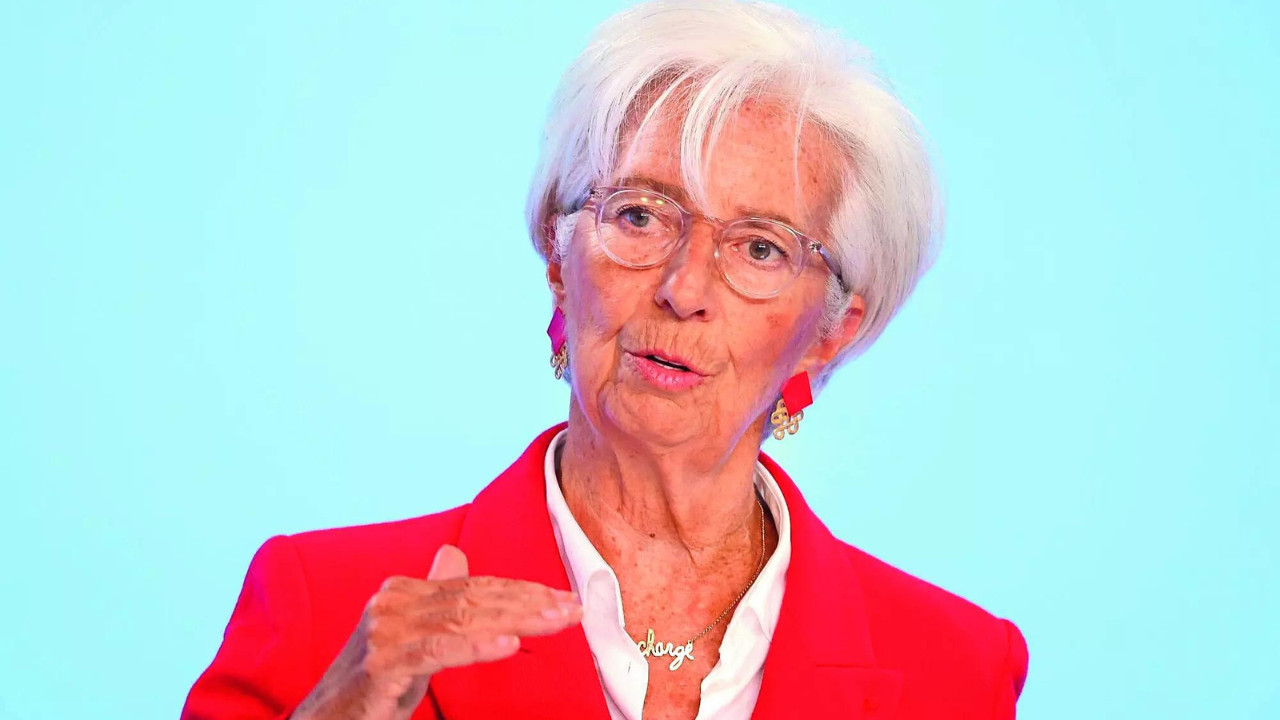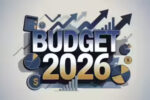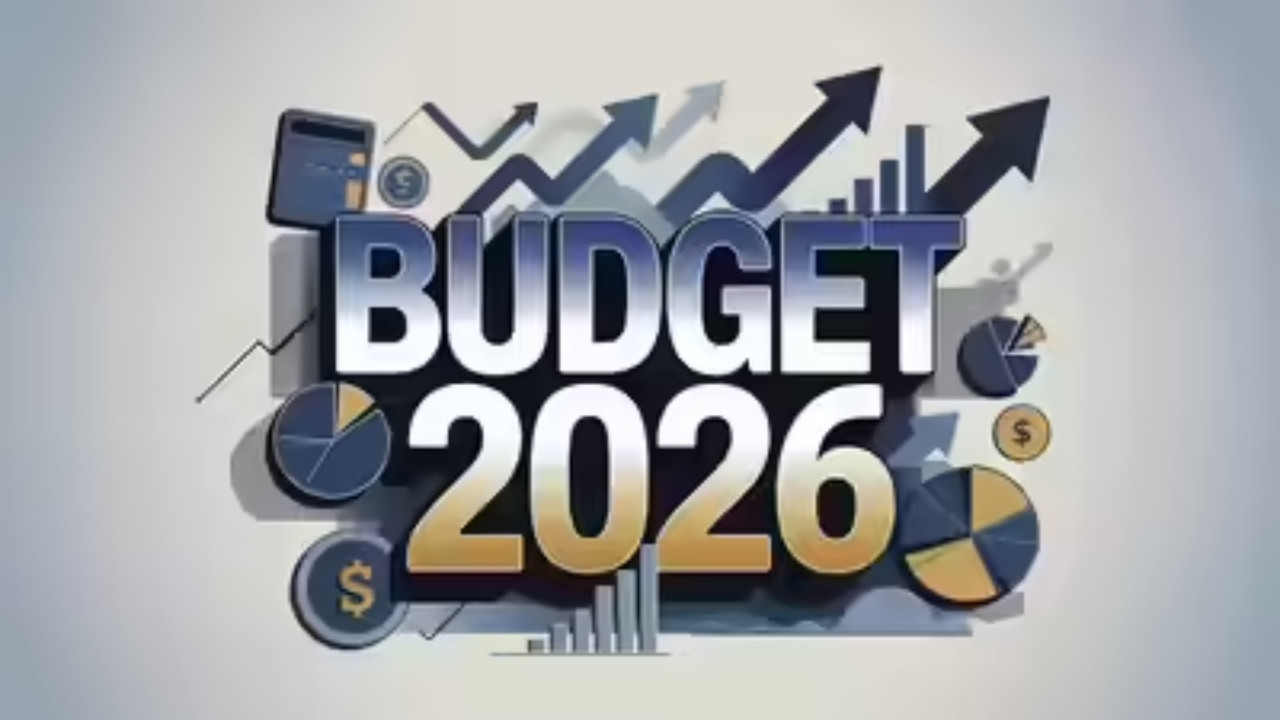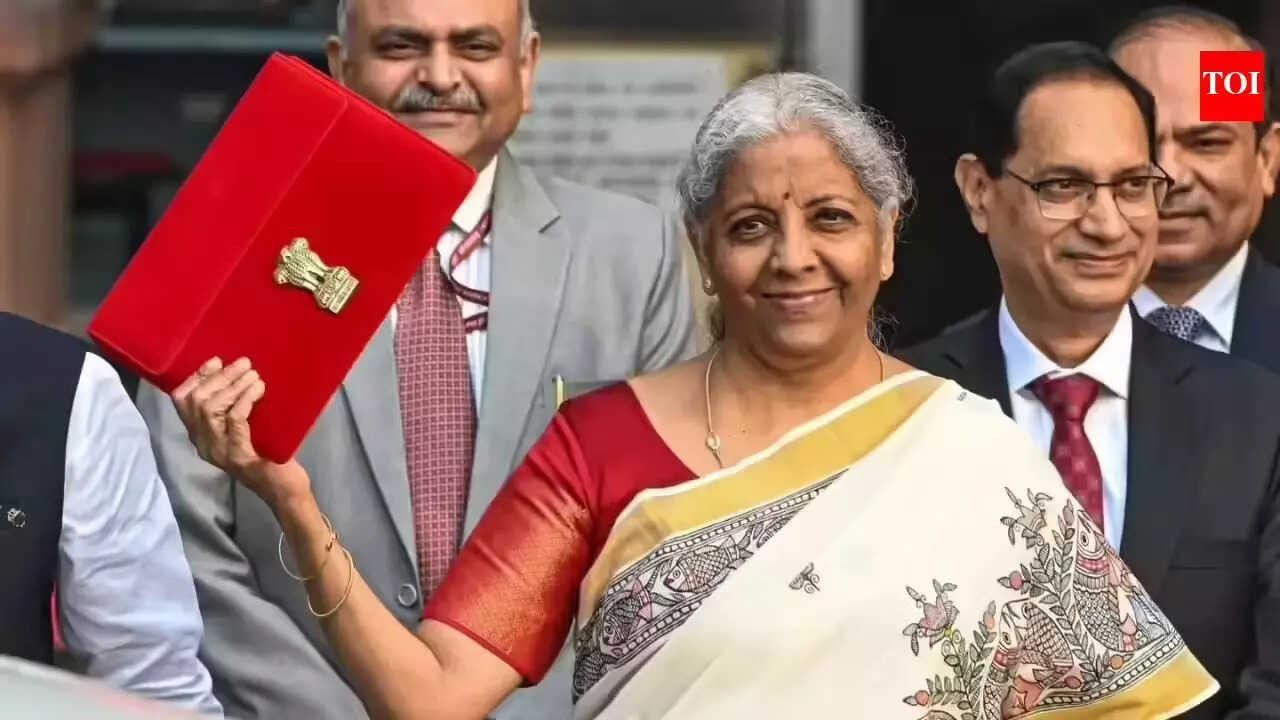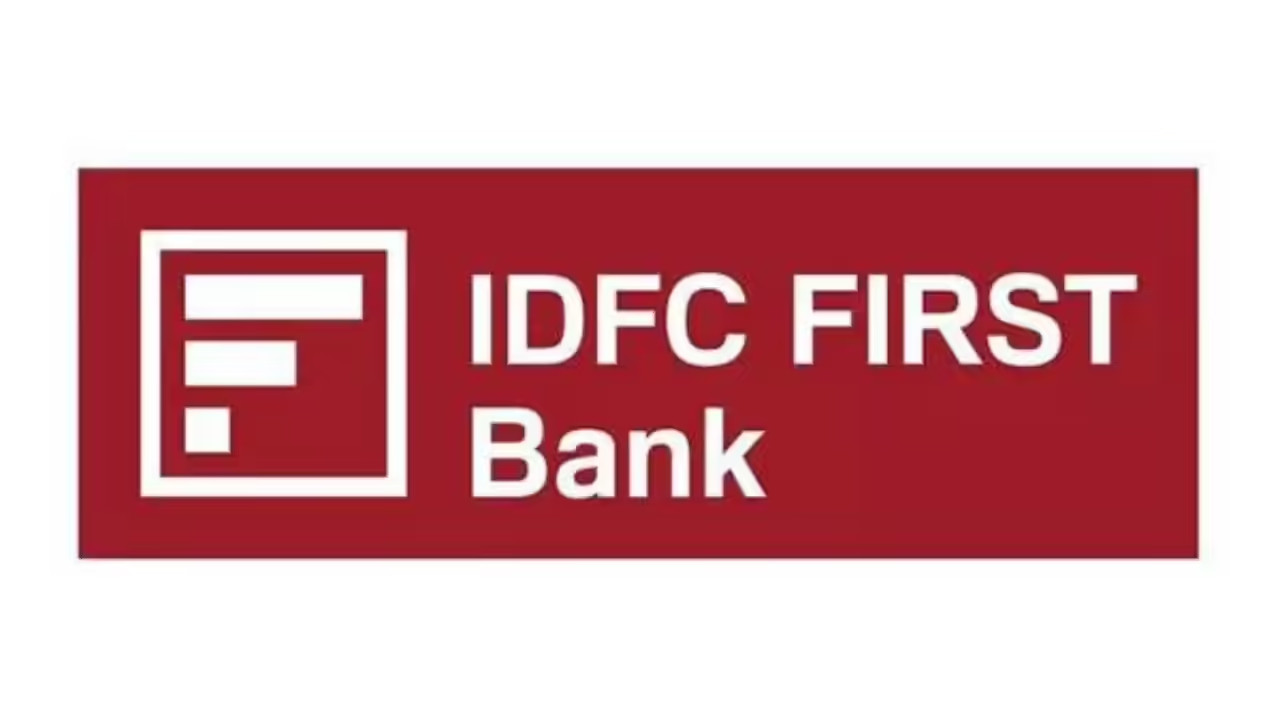Christine Lagarde cautioned against undermining central bank independence, citing potential dysfunction and instability. Her remarks, delivered amidst President Trump’s pressure on the Federal Reserve to cut interest rates, highlight international concern over political interference. Lagarde’s experience at the IMF informs her warning about the dangers of compromising central bank autonomy.
The Untouchable Temple? Why Central Bank Independence Matters More Than Ever
The world feels… fragile. Between simmering geopolitical tensions and an economy still finding its footing after a wild few years, stability is precious. And one cornerstone of that stability, often taken for granted, is the independence of central banks.
Christine Lagarde, head of the European Central Bank (ECB), recently threw down the gauntlet, warning against moves that would undermine the autonomy of institutions like the Federal Reserve. Her message was stark: messing with central bank independence is playing with fire. But why is this separation of powers so vital, and what exactly are the risks of eroding it?
Why Central Bank Independence is Key
Imagine your local council setting interest rates. Seems… questionable, right? The core idea behind central bank independence is shielding monetary policy decisions from short-term political pressures. Politicians, understandably, are often focused on the next election cycle. This can lead to decisions that boost the economy now, even if they create bigger problems down the road, like runaway inflation.
Independent central banks, staffed by economists and financial experts, are tasked with a longer-term view. They can make the sometimes unpopular but necessary decisions to keep inflation in check, maintain financial stability, and foster sustainable economic growth.

Think of it like this: would you trust a sports referee whose calls were influenced by the home team’s coach? Probably not. You want a neutral arbiter applying the rules fairly, regardless of short-term wins or losses. Central banks are the referees of the economic game, and their credibility hinges on their impartiality.
The Danger of Politicizing Monetary Policy
So, what happens when politicians start meddling? Lagarde suggests the consequences could be severe. Firstly, it undermines the credibility of the central bank. If people believe that interest rate decisions are being made for political reasons rather than economic ones, they’ll lose faith in the central bank’s ability to control inflation. This can lead to higher inflation expectations, making it even harder to keep prices stable.
Secondly, it can scare off investors. Businesses and investors need predictability to make informed decisions. If they fear that monetary policy could be swayed by political whims, they’ll be less likely to invest, hindering economic growth.
Thirdly, and perhaps most ominously, subverting the Fed or any major central bank could trigger widespread financial disruption. A loss of confidence in one central bank can quickly spread to others, creating instability in global markets and potentially sparking a financial crisis.
Think about what happened during the 2008 financial crisis. Even with independent central banks working to stabilize the system, it was a near-death experience for the global economy. Imagine that same crisis, but this time, the central banks are seen as political pawns, unable to act decisively and credibly. The outcome could be far worse.
Safeguarding Autonomy in a Polarized World
Maintaining central bank independence is not always easy, especially in today’s polarized political climate. There’s a constant tension between accountability and autonomy. Central banks need to be transparent about their decision-making processes and answerable to the public, but they also need the space to make unpopular decisions without being subjected to undue political pressure.
Finding the right balance is a delicate act, but it’s one that’s crucial for the health of our economies. As citizens, we need to understand the importance of central bank independence and be vigilant in protecting it. Our financial stability, and our economic future, depends on it. Relatedly, exploring the role of international cooperation in maintaining global economic stability provides further context.
Why This Matters: A Stable Future
Ultimately, the call for central bank independence isn’t about protecting technocrats or shielding institutions from scrutiny. It’s about creating a stable and predictable economic environment that benefits everyone. It’s about ensuring that monetary policy is guided by sound economic principles rather than short-term political considerations. It’s about safeguarding our collective prosperity. Undermining this crucial pillar of our economic system risks unleashing forces that could destabilize markets, erode trust, and ultimately harm the very people politicians are elected to serve. It’s a risk we simply can’t afford to take.
